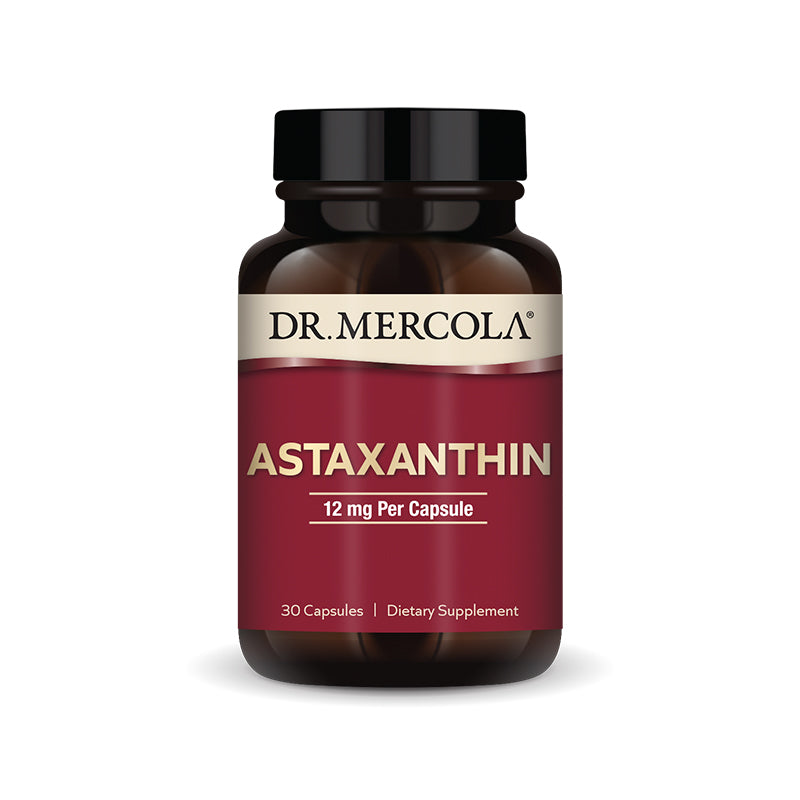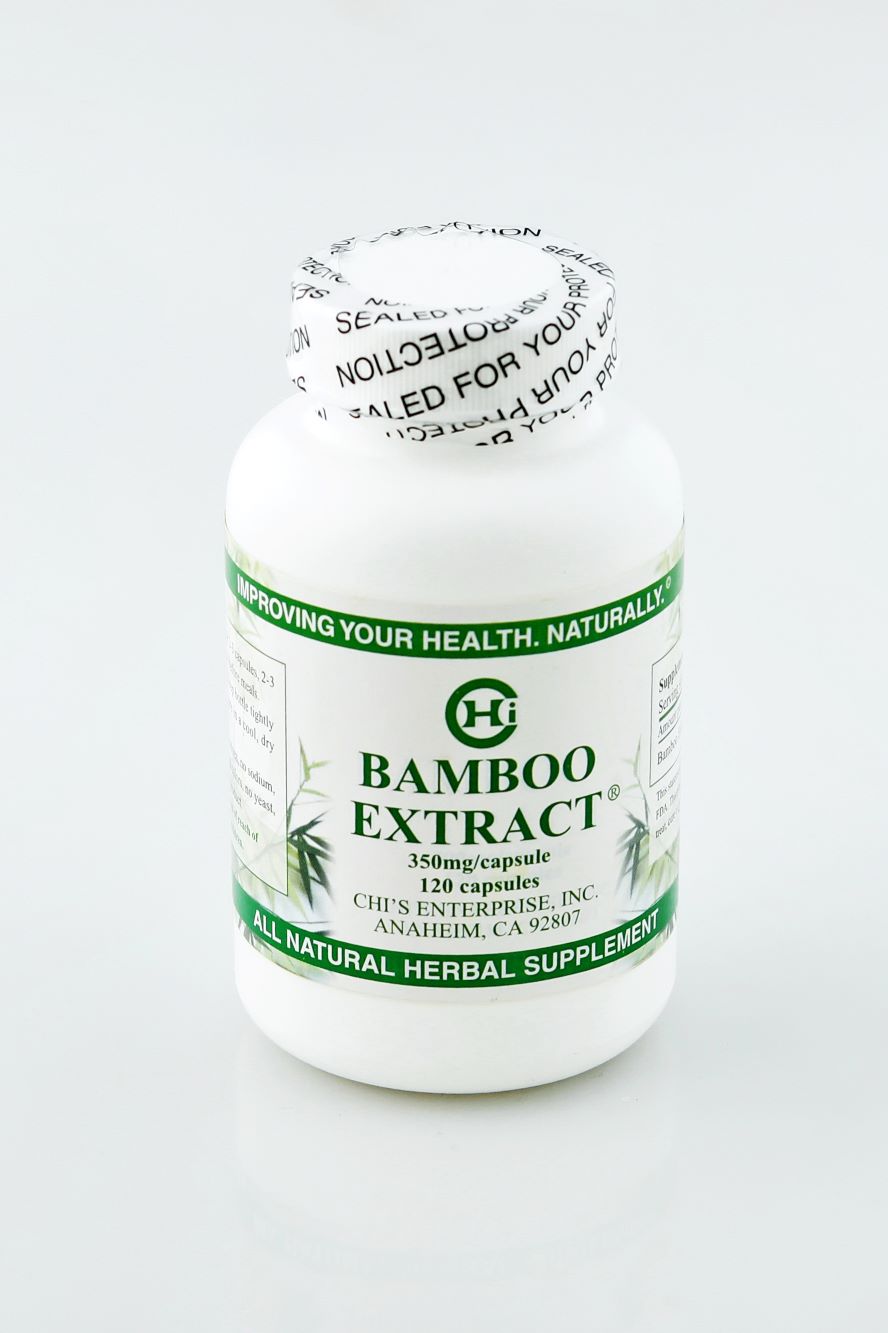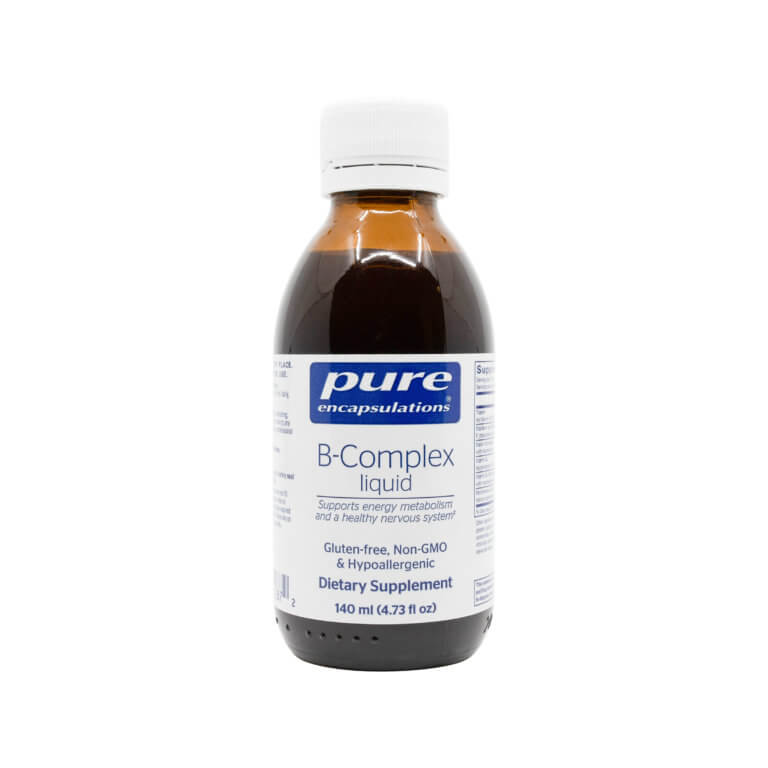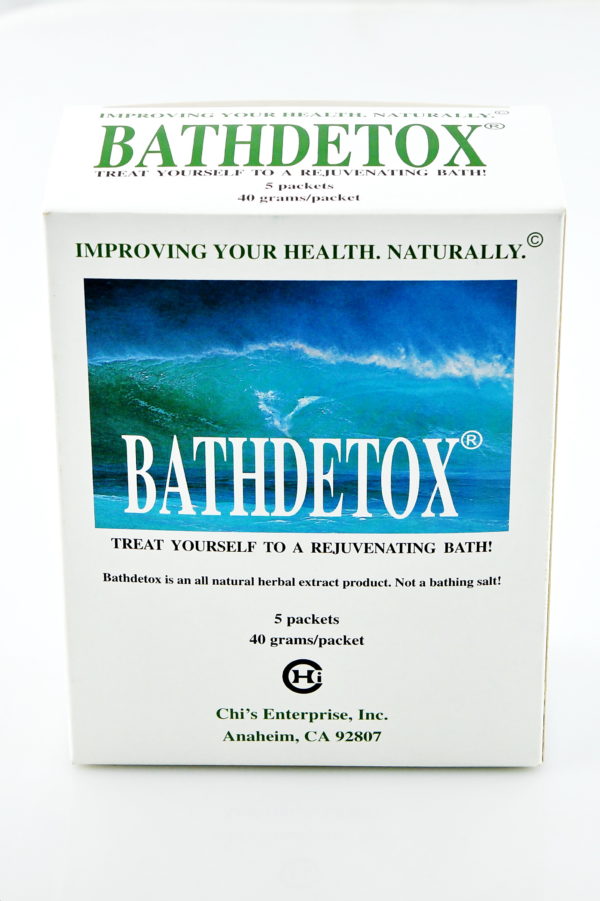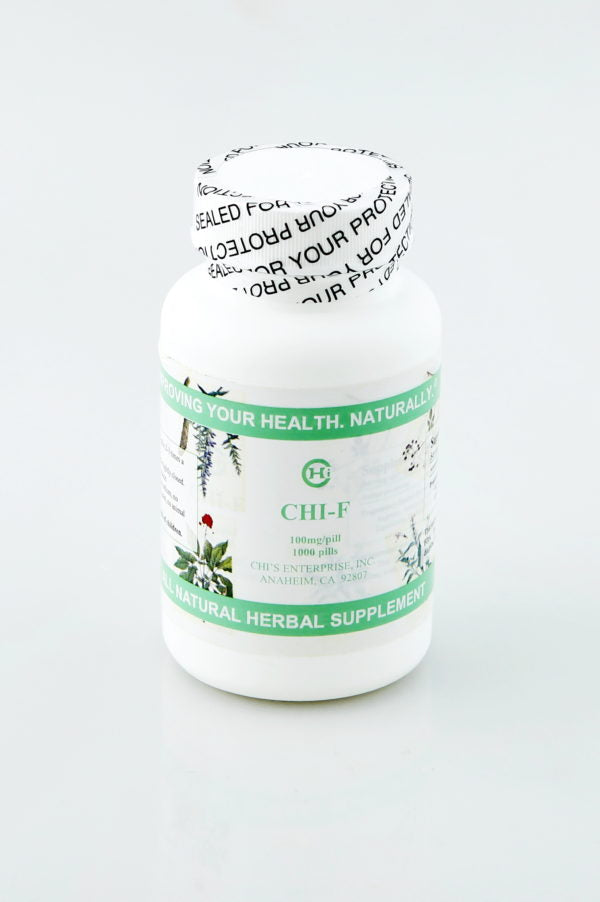by Glen A. Depke, Traditional Naturopath
To get to the core of the recent release that our life expectancy has declined, let’s look at the difference between conventional medical care and traditional naturopathic care.
I once had an intense conversation with a good friend of mine that is a conventional medical doctor about the horrific side effects of a particular prescription drug. We went back and forth on the symptom relief and the side effects and while we did not come to an agreed resolution on our discussion, a very powerful statement came out of that situation.
My doctor friend simply shared this statement with me, “What we do is called medicine, what we are trained in is medicine, what people come to us for is medicine; if they want to be healthy, they go see you.”
Another older retired conventional doctor that is now deceased told me years ago that when he first started practicing in Cook County Hospital early in his career, there was a total of six prescription drugs available for use in the entire hospital.
When I had shared with this “old school” conventional doc what I would do with my clients, he shared that this was basically what he did early in his career.
I do not remember the exact year this doctor started practicing but if my memory serves me is was somewhere in the 1940’s and my how things have changed in just one lifetime.
He went from six prescription drugs in the entire hospital to a book full that is so thick that you would struggle to carry this.
I you likely already know this from following my articles, I am not the holistic guy that bashes conventional medicine. After all, there is a time and a place.
If you are in an accident or need emergency surgery or other care, conventional medicine serves you well.
But if you have a chronic illness, conventional medicine simply does not make an attempt at getting to the core our your challenge, which most often leads you down a path of even deeper chronic issues.
This is often referred to as managing your symptoms.
Really, do you want to manage your symptoms or get to the core of what is causing your symptoms?
I think I know your answer to this.
What spurred my ambition to write this article today, was seeing and article from Dr. Mercola about the recent CDC’s announcement that:
- “For the first time in two decades, life expectancy has declined in the U.S. — a consequence of obesity and rising rates of eight leading causes of death, including heart disease, diabetes, dementia and opioid addiction.”
- “The decline in life expectancy is primarily caused by a rise in several categories of preventable deaths, highlighting the failure of the American health care system to properly address the root causes of chronic disease.””
You can read the full article here.
The article mentions that about half of all Americans are chronically ill and that one of the significant factors in the declining life expectancy is tied into opioid addiction, which is pain killers, with obesity as another major factor in this decline.
So what is one common factor that leads to both pain and obesity?
INFLAMMATION!
Understand that when your body is inflamed, your body will release a peptide called bradykinin leading to the response of pain. So basically, when you are inflamed, pain is the symptom that you will experience on some level. The more inflamed you are, typically the more pain you experience.
Typically this starts as stiffness and little aches, such as stiffness when you wake in the morning or get up from your desk after sitting for a bit. You may be feeling this already yourself.
Well, that is the onset of the chronic inflammatory response.
So what about obesity is tied into inflammation you may ask?
This is an ugly cycle that many people are stuck in.
When you are chronically inflamed the inflammation leads to an increased production of fat cells. This increase in fat cells leads to insulin resistance and eventually insulin surges. These insulin surges then lead to more inflammation.
And round and round we go.
As mentioned above, this is an ugly cycle that many are stuck in and this may be happening to you right now.
You can see that inflammation is an underlying factor for pain and obesity, thus at the core of the decreased life expectancy.
So what is the difference between conventional medical care and naturopathic care on this level?
Conventionally you will typically be recommended to take a pain killer and an anti-inflammatory medication. Unfortunately this is addressing your symptoms and not addressing the underlying factors of the inflammation and pain.
Often this approach will provide some initial benefits but long term still leave you struggling to overcome the inflammation and pain.
From a natural or naturopathic perspective we would search out the underlying triggers for your inflammation and reduce or even better, eliminate these triggers. We would also assist the functional aspects of body that will naturally assist in creating a natural anti-inflammatory response by supporting adrenal and immune function.
There are natural and holistic avenues to address this naturally with hope of overcoming the inflammatory and pain response because you are getting to the core of the issue at hand.
And of course, remember that the inflammation is also leading to obesity as well as almost any other chronic condition.
As I mentioned earlier, convention medicine has a time and a place but with these chronic inflammatory conditions, this is not the time or the place.
Our decreased life expectancy screams out the obvious.
I will note that there are other factors such as our food sources, stress levels and other functional challenges. I simply wanted to share the main factors today as tied into inflammation.
Learn More About Inflammation Here
If you have any comments or questions regarding this article please post this on our Facebook page or on our Twitter page for us to address personally.
Apply for Your Opportunity to “Feel Young Again” With Depke Wellness
“The products on this page have not been reviewed by the Food and Drug Administration. These products are not intended to diagnose, treat, cure, or prevent any disease.”


